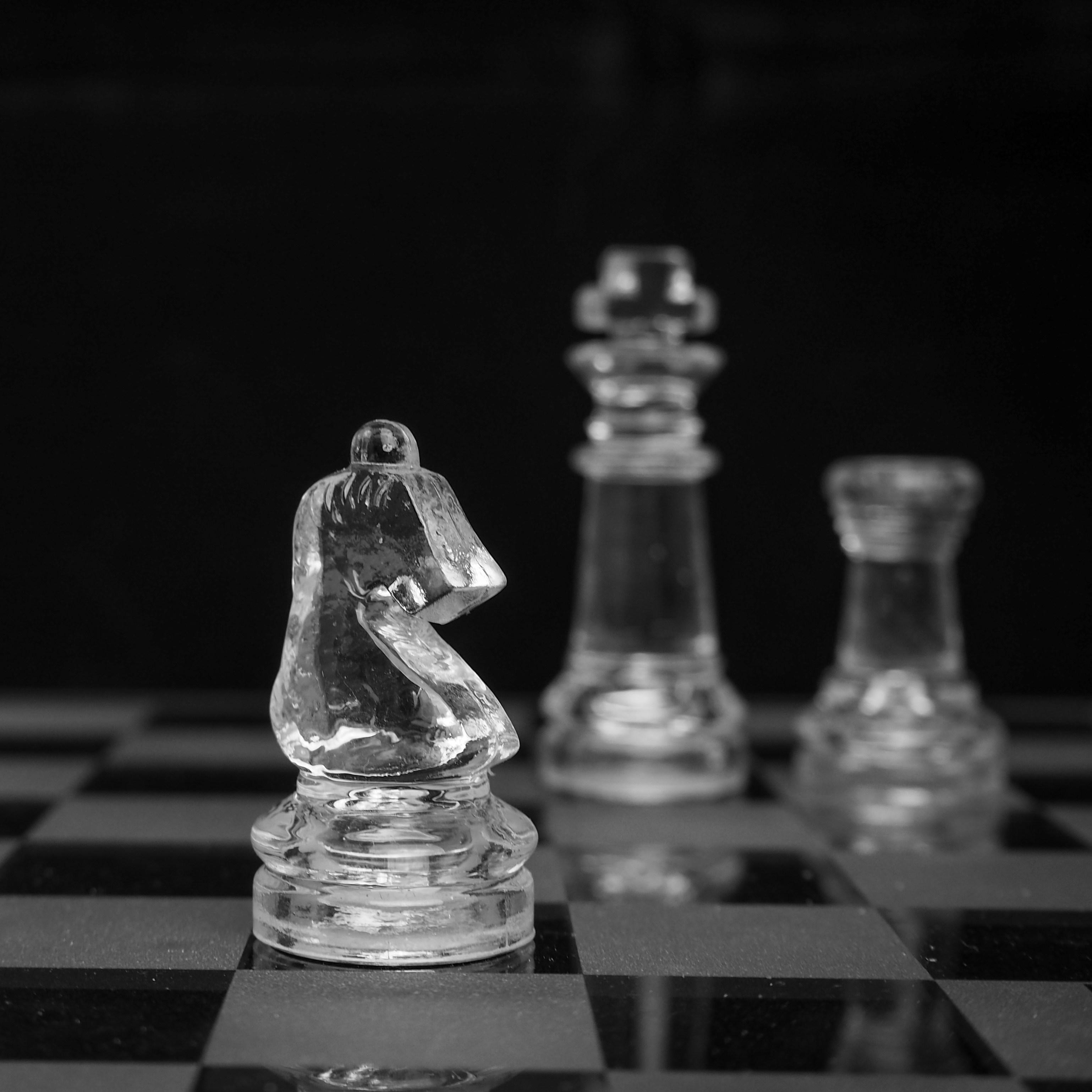In the sprawling landscape of television history, few series have captivated audiences and sparked as much debate as HBO‘s “Game of Thrones.” Based on George R.R. Martin’s epic fantasy novels, the show is renowned for its intricate plotlines, morally complex characters, and the brutal, often unpredictable nature of its storytelling. However, beyond the dragons and medieval battles, “Game of Thrones” has been the subject of intense scrutiny and discussion regarding its underlying themes and potential allegorical connections to contemporary political landscapes. This article seeks to critically explore whether “Game of Thrones” serves as a commentary on modern politics or if it should be appreciated purely as a work of fantasy. By examining the narrative’s parallels to real-world issues and dissecting the intentions behind its creation, we aim to unravel the layers of meaning—or lack thereof—within this cultural phenomenon.
Examining Political Allegories in Game of Thrones
In the sprawling narrative of Game of Thrones, viewers can discern a multitude of political allegories woven into the fabric of its fictional world. While George R.R. Martin’s epic is set in a fantasy realm, it is not difficult to draw parallels with real-world political dynamics. The constant power struggles among the noble houses echo the relentless pursuit of dominance seen in modern political arenas. Tyrion Lannister’s cunning political maneuvers, for instance, can be seen as a reflection of contemporary political strategists who navigate through complex webs of alliances and rivalries.
- Class Struggles: The stark contrast between the impoverished masses and the opulent elite in Westeros mirrors current societal debates about wealth disparity.
- Corruption and Betrayal: The series’ frequent depiction of deceit and backstabbing among leaders serves as a critique of the often morally ambiguous nature of political leadership today.
- War and Peace: The ongoing conflicts between various factions highlight the cyclic nature of war and its devastating consequences, a theme resonant with ongoing global conflicts.
Ultimately, whether Game of Thrones serves as a direct commentary on modern politics or remains a work of fantasy is a matter of perspective. Yet, its rich tapestry of political intrigue provides ample material for critical examination and reflection on the nature of power and governance.

Dissecting Fantasy Elements Versus Political Realism
In the realm of Westeros, dragons soar through the skies and White Walkers march with ominous intent, captivating audiences with the allure of the fantastical. However, beneath these layers of magic and myth lies a tapestry of political intricacies that reflect our own world’s struggles. The power dynamics, betrayals, and strategic alliances mirror the often ruthless landscape of modern politics. In this duality, one might argue that Game of Thrones serves as a critique of contemporary political systems, albeit cloaked in the garb of fantasy.
- Power Struggles: The fight for the Iron Throne highlights the relentless pursuit of power, akin to real-world political rivalries.
- Social Hierarchies: The rigid class structures in Westeros parallel societal stratifications and the challenges they present.
- Diplomacy and Betrayal: Alliances are formed and broken, echoing the fragile nature of international relations.
Thus, while dragons and magic create an enchanting backdrop, the core of the series might be seen as a reflection on the complexities of governance, ambition, and the human condition. The fantasy elements serve not only to entertain but also to amplify the narrative’s underlying critique of political machinations.
The Role of Power and Corruption in Westeros
The intricate dance of power and corruption in Westeros is a testament to the age-old adage that absolute power corrupts absolutely. This theme is woven into the very fabric of Game of Thrones, revealing a complex tapestry where the lust for control often leads to moral decay. Power, in the world of Westeros, is both a coveted prize and a corrupting force, capable of transforming even the noblest of characters into ruthless tyrants. The series meticulously showcases how the pursuit of the Iron Throne can blind individuals to the greater good, prompting them to engage in deceit, betrayal, and even murder.
- Political Intrigue: The constant scheming among noble houses illustrates the dangers of unchecked ambition.
- Moral Ambiguity: Characters often face dilemmas where the lines between right and wrong blur, highlighting the corrosive nature of power.
- The Cost of Corruption: The downfall of many characters serves as a cautionary tale of how corruption can lead to personal and societal ruin.
These elements create a narrative that, while set in a fantastical world, mirrors the complexities of real-world politics. The depiction of power struggles in Westeros invites viewers to reflect on the consequences of political machinations and the inherent vulnerability of human nature to corruption.

Recommendations for Viewing Game of Thrones Through a Political Lens
- Analyze Power Dynamics: Observe how power is acquired, wielded, and lost. Notice the parallels between the strategies of characters like Cersei Lannister and real-world political figures. Consider how the struggle for the Iron Throne mirrors contemporary political battles for dominance and influence.
- Explore Themes of Governance: Delve into the various forms of government depicted in Westeros, from tyrannical rule to more democratic assemblies. Reflect on how these systems compare to current global political structures, and what they suggest about the effectiveness and ethical implications of each.
- Consider the Role of Propaganda: Pay attention to how information is controlled and manipulated within the series. Characters often use misinformation to sway public opinion, much like modern political campaigns. Analyze the impact of these tactics on both the populace of Westeros and real-world societies.
- Examine Social Inequality: Look at the depiction of class struggle and the disparity between the ruling elite and the common people. Evaluate how these elements resonate with ongoing discussions about wealth distribution and social justice in today’s world.
- Reflect on War and Diplomacy: Observe how conflicts are initiated and resolved, and the role diplomacy plays in maintaining or disrupting peace. Compare these fictional conflicts to historical and current international relations, noting any insights into the nature of war and peace.
